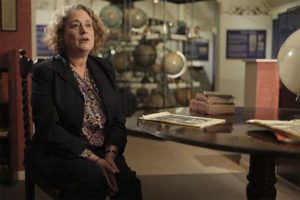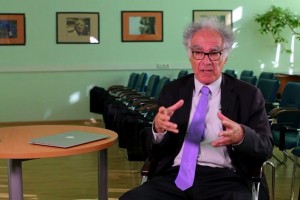Greek and Roman Meteorology
Historian and Philosopher of Science Liba Taub on the relations between myths and science, the ancient attempt...
What were the greatest changes in the US science after the World War II? Why did these changes take place? How did it influence scientific journals? These and other questions are answered by Germeshausen Professor of the History of Science at the Massachusetts Institute of Technology David Kaiser.
Every field in the universities was growing exponentially after the war. There were more people studying history than ever before, more people studying chemistry and art, but the rates of growth weren’t the same. In fact, physics grew twice as quickly as any other field, so even as all the fields were growing rapidly, more and more people were entering universities for higher education, some fields grew much quicker than others and physics led the pack.
That was actually a big change in the United States, in the US funding for education had almost never come from the federal level. In fact, a whole century had passed before the last really big effort from the federal government to get students into universities. The previous time had been in the middle of 19th century, right in the early years of the American Civil War when there was a law passed by Congress that guaranteed that every state in the Union would have 1 and eventually 2 universities.
Between around 1950 and 1970 the main American journal for physics research called the Physical Review publishing across all the domains of basic research in physics went from being around 3000 per year to over 30000 pages per year. So it was doubling the annual page count every six years. This sets up all kinds of stresses and people worry about how to keep track of it. No one can read 30000 pages in a year. So one of the things that start happening if you have a speeding up of an otherwise a kind of natural process in the science is specialization.

Historian and Philosopher of Science Liba Taub on the relations between myths and science, the ancient attempt...

Historian Carlo Ginzburg on forbidden books, the depletion of the Central Archive, and a letter to the Pope

Physicist Joanna Haigh on natural temperature records, ocean circulation, and global warming